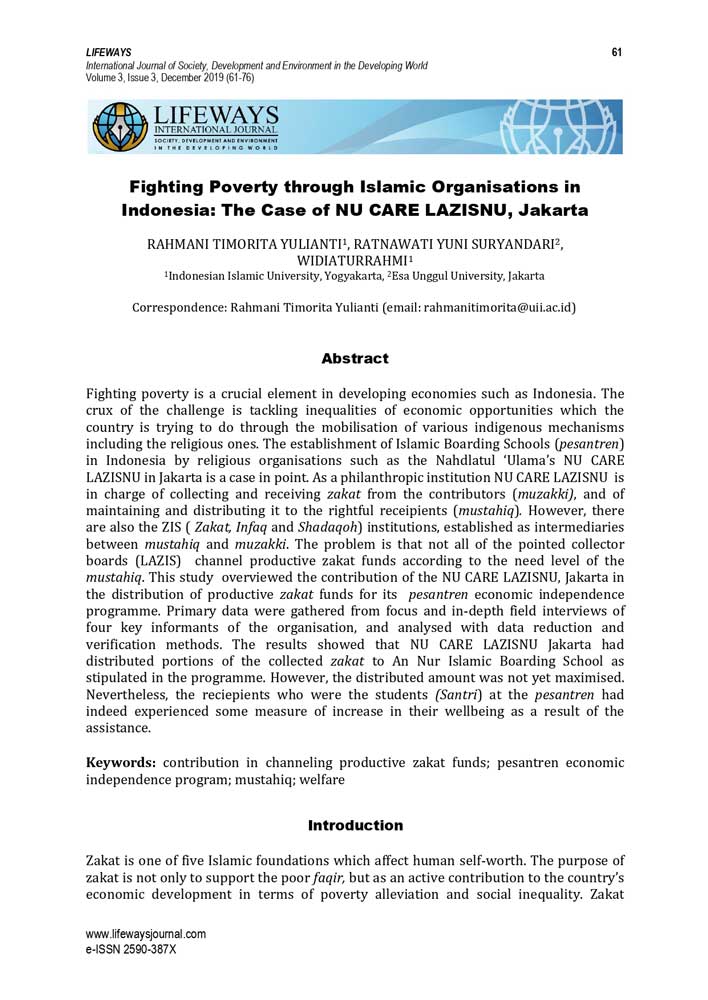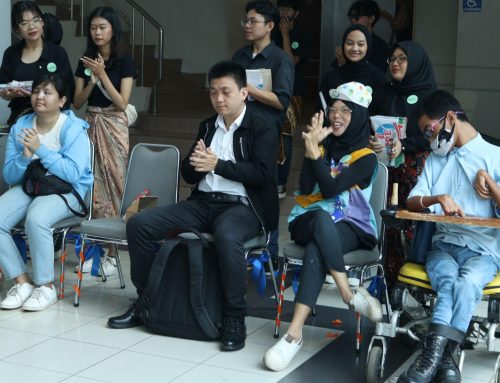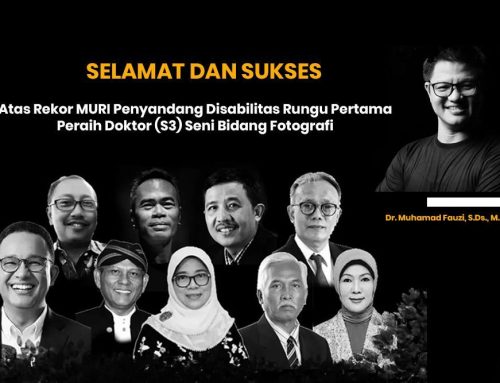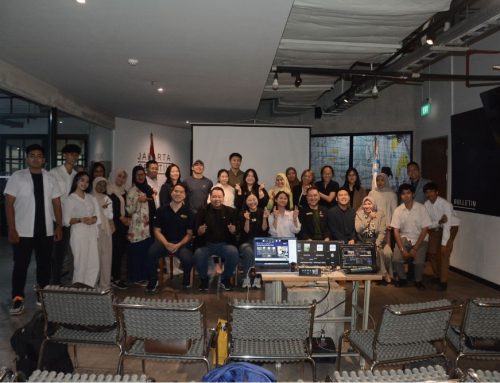
Deskripsi :
Fighting poverty is a crucial element in developing economies such as Indonesia. The crux of the challenge is tackling inequalities of economic opportunities which the country is trying to do through the mobilisation of various indigenous mechanisms including the religious ones. The establishment of Islamic Boarding Schools (pesantren) in Indonesia by religious organisations such as the Nahdlatul ‘Ulama’s NU CARE LAZISNU in Jakarta is a case in point. As a philanthropic institution NU CARE LAZISNU is in charge of collecting and receiving zakat from the contributors (muzakki), and of maintaining and distributing it to the rightful receipients (mustahiq). However, there are also the ZIS ( Zakat, Infaq and Shadaqoh) institutions, established as intermediaries between mustahiq and muzakki. The problem is that not all of the pointed collector boards (LAZIS) channel productive zakat funds according to the need level of the mustahiq. This study overviewed the contribution of the NU CARE LAZISNU, Jakarta in the distribution of productive zakat funds for its pesantren economic independence programme. Primary data were gathered from focus and in-depth field interviews of four key informants of the organisation, and analysed with data reduction and verification methods. The results showed that NU CARE LAZISNU Jakarta had distributed portions of the collected zakat to An Nur Islamic Boarding School as stipulated in the programme. However, the distributed amount was not yet maximised. Nevertheless, the reciepients who were the students (Santri) at the pesantren had indeed experienced some measure of increase in their wellbeing as a result of the assistance.
Universitas Esa Unggul
Penulis :
- Rahmani Timorita Yulianti
- Ratnawati Yuni Suryandari
- Widiaturrahmi
Download :






